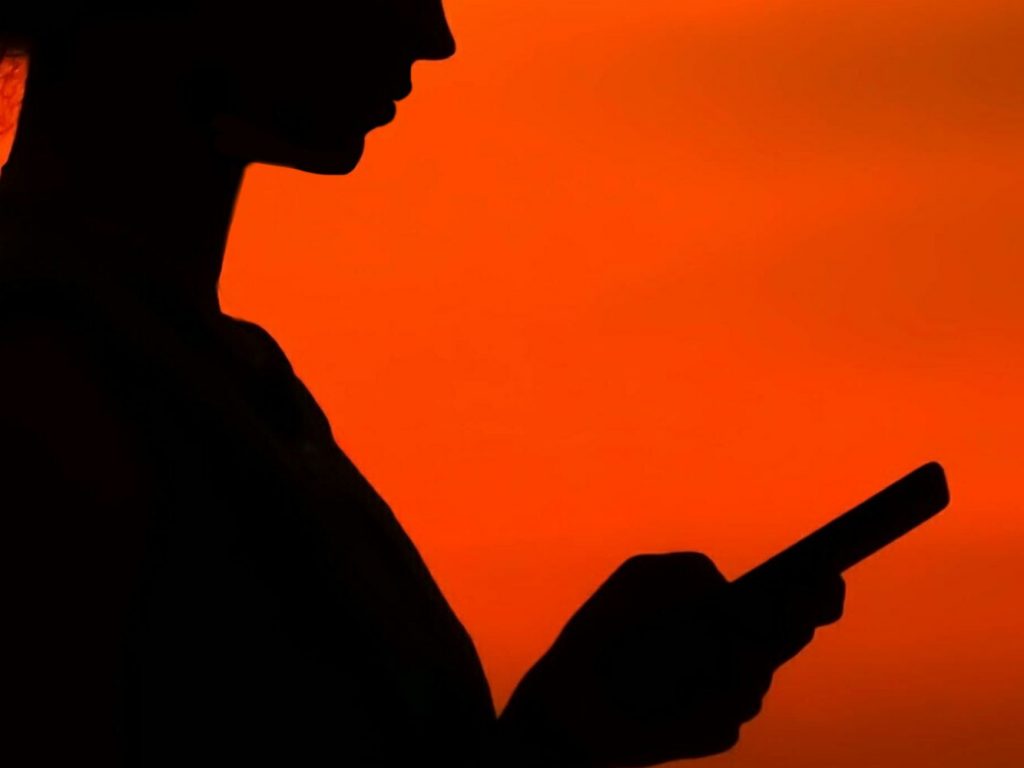What is the fertility apps function?
There are over a thousand of these apps available, from simple period trackers to ones specifically designed to help plan or prevent pregnancy. They fall into two main categories: calendar-based, where users input the start and the end of their periods and symptom-thermal, based on physical signs of ovulation such us cervical mucus.
Whatever the specifics, the aim is the same: to identify a user’s fertility window- the six days in which you can conceive, made up of ovulation and the five days preceding it.
How does a fertility calendar work?
The fertility apps will ask you for the date of your first day of your period, the average length of your menstrual cycles. If you don’t know, most apps will suggest you write in 28 days. This is considered an average: a normal cycle can range from 21 to 35 days. In some of them, they will ask your basal body temperature and other fertile signs.
The App will usually assume a luteal phase of 14 days. The luteal phase is the time between ovulation and the first day of your next period. Next, based on this information, the app will make a guess of what days you are most likely to be fertile and perhaps the day you may ovulate.
Some apps will indicate “possible fertile” days and “most fertile” days.
Some apps even come with the option of purchasing a specially designed Bluetooth-enabled thermometer that directly inputs your temperature each day. It’s still a process: you have to wait several cycles for the algorithm to accurately predict your fertile window, but it comes more accurate with time. The more cycles you input, the more accurate the prediction.
Are fertility apps reliable when you’re trying to getting pregnant?
Researchers analysed more than 50 popular websites and smartphone apps that offer to predict a woman’s fertility window, or the days during a woman’s menstrual cycle when she can become pregnant. They found that the fertility windows predicted by the apps and websites varied widely, and that many windows included days after ovulation, when the chances that sexual intercourse will result in pregnancy are close to zero.
If you are trying to conceive and after six or twelve months of trying you have not been successful, you should speak with a doctor for guidance.
Our Doctors will be able to discuss and advise you for the best next step.
EB

